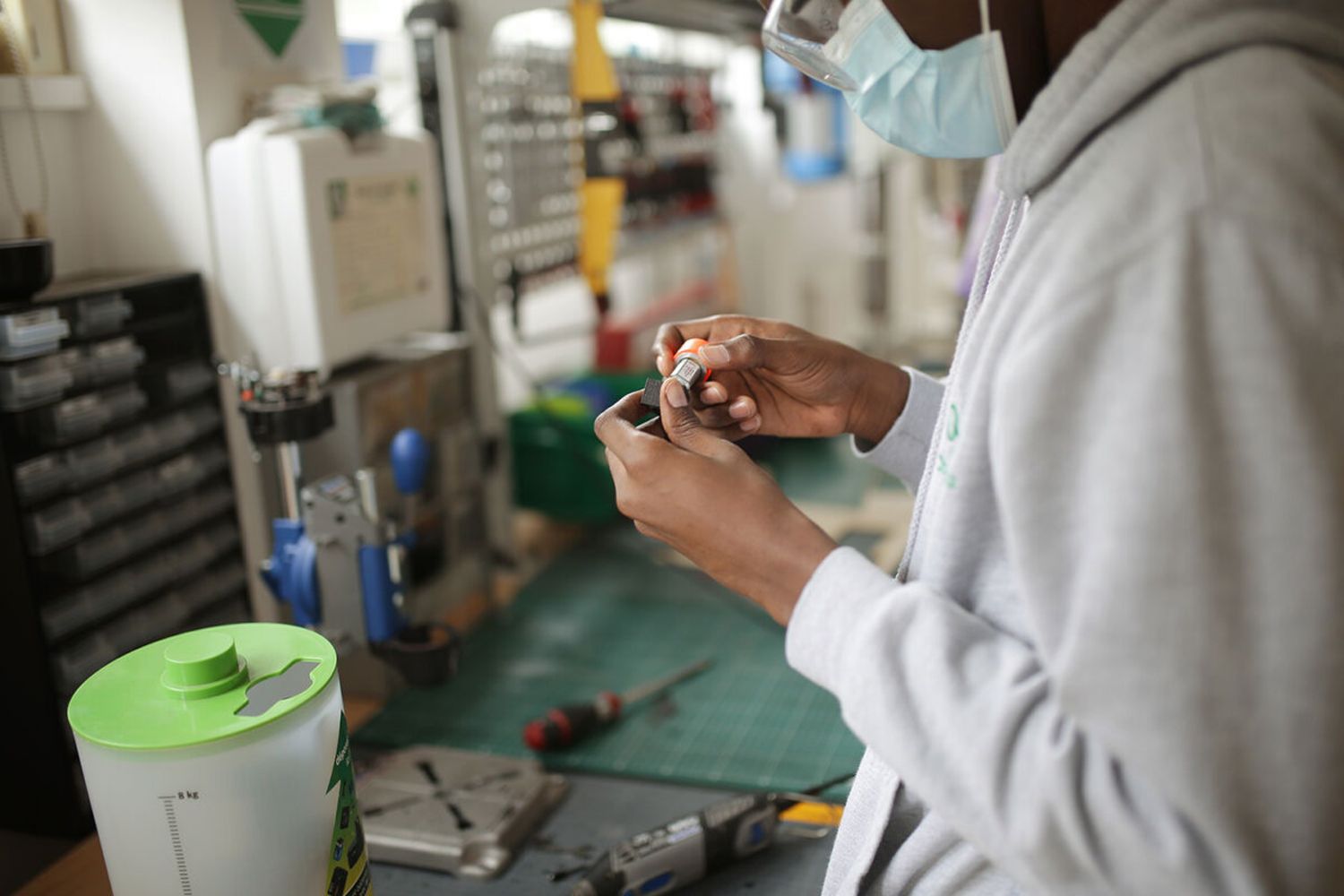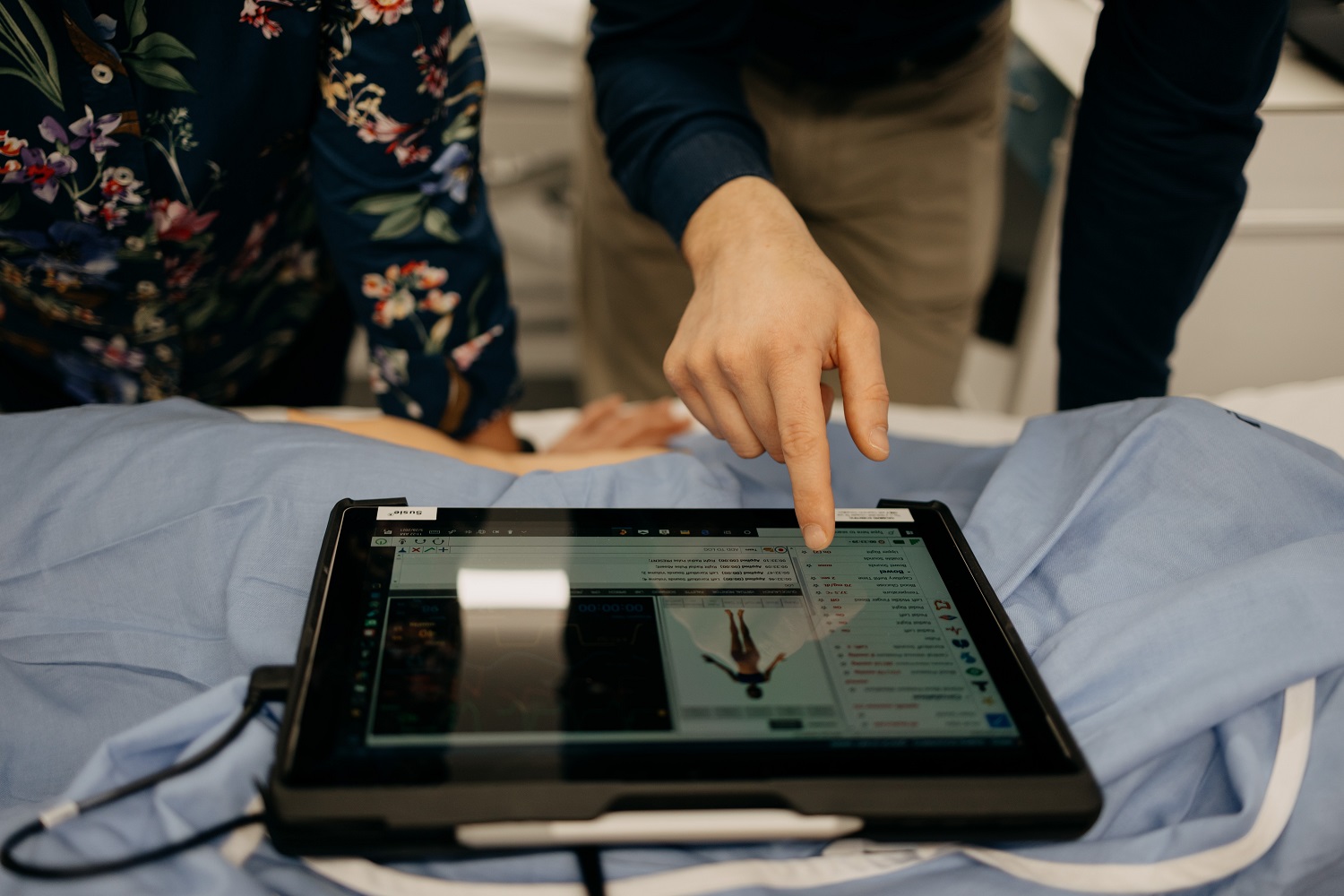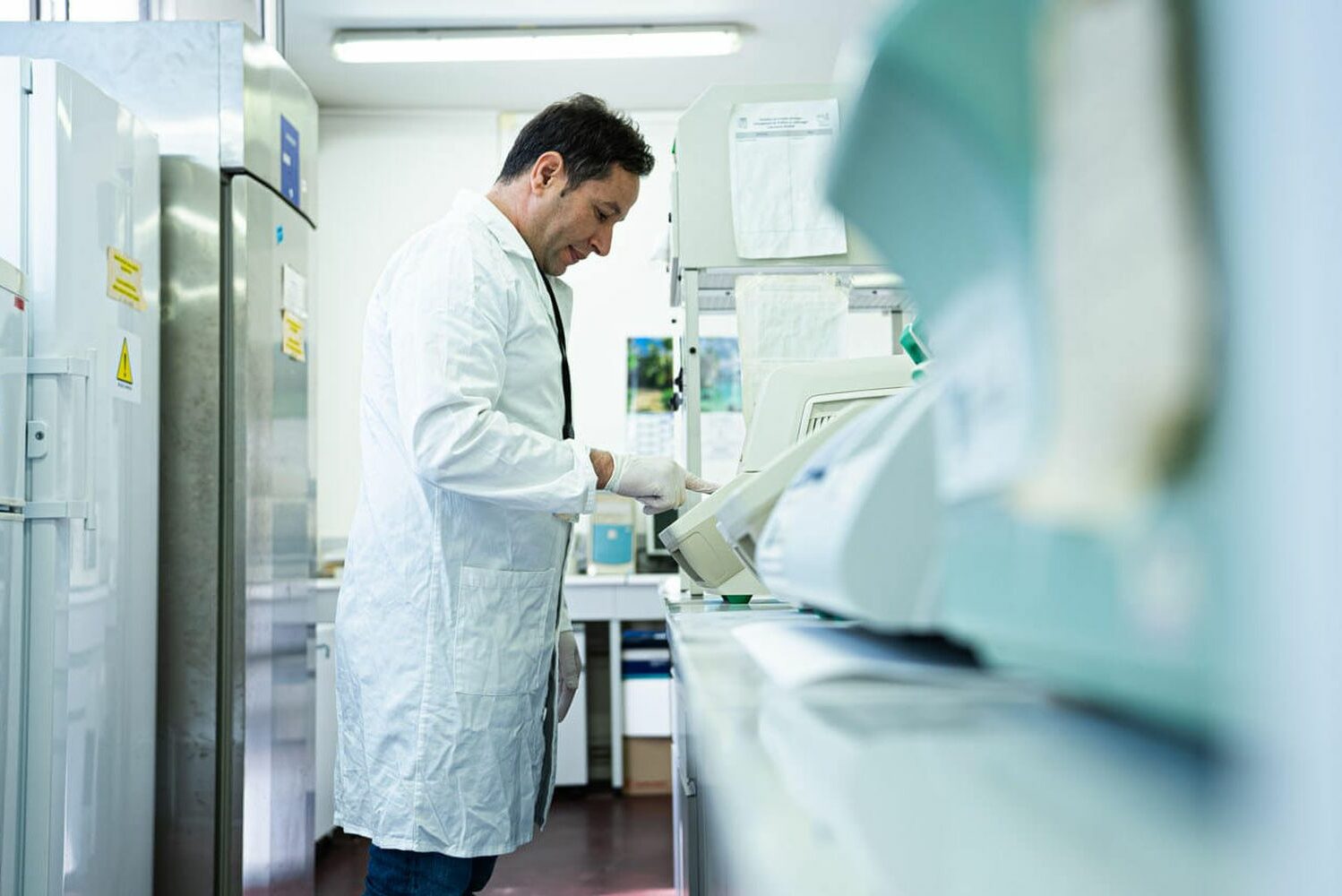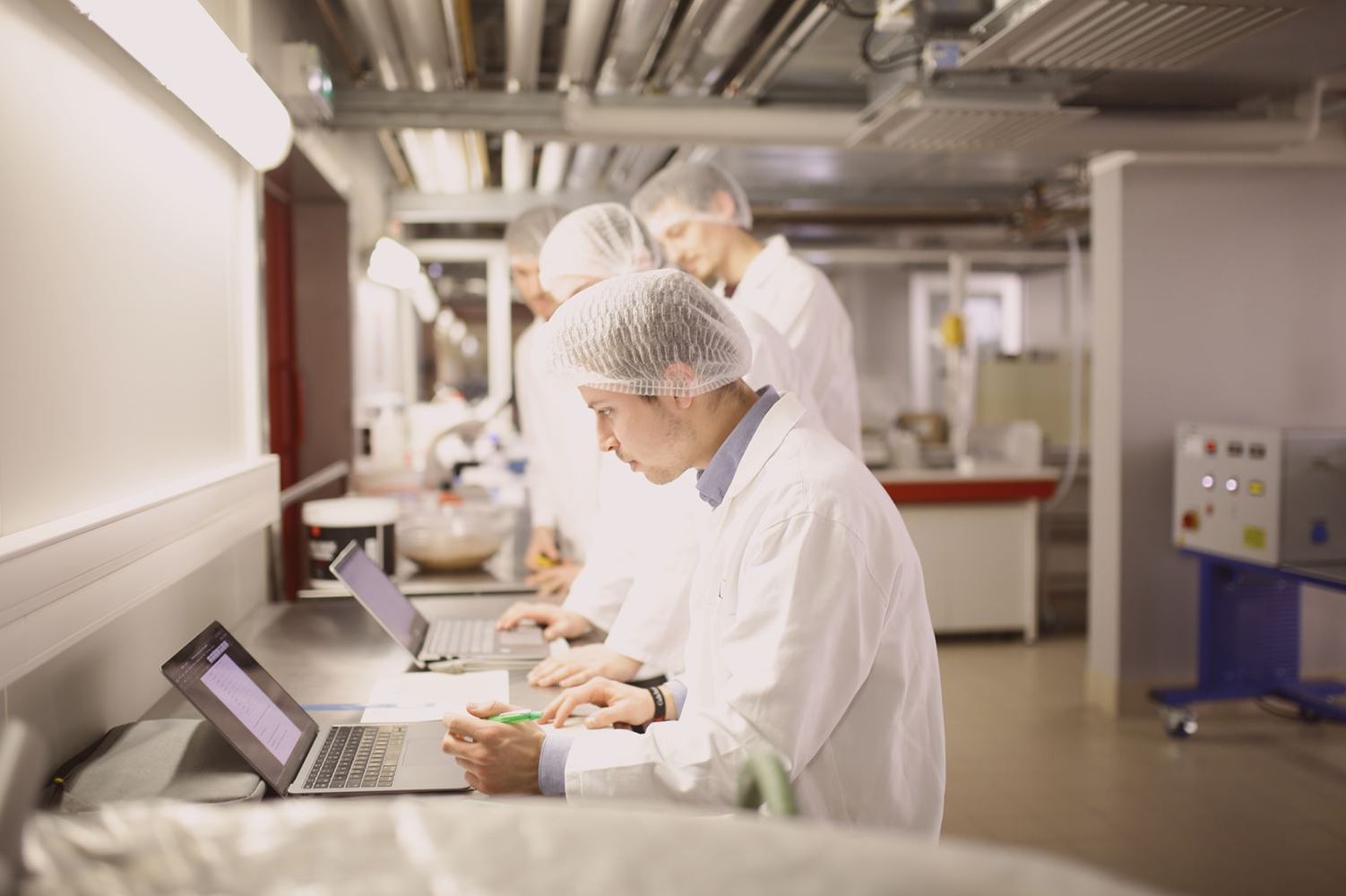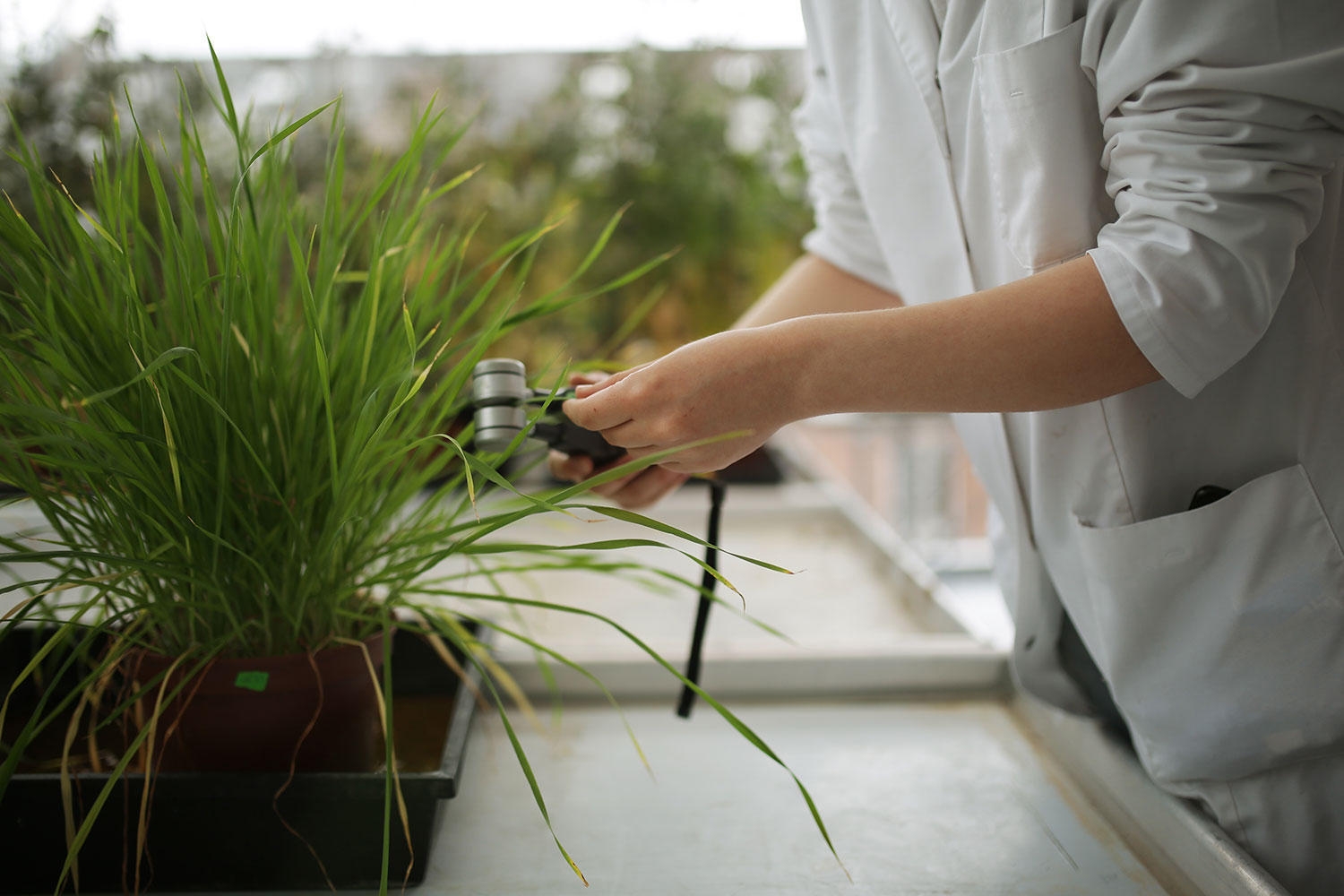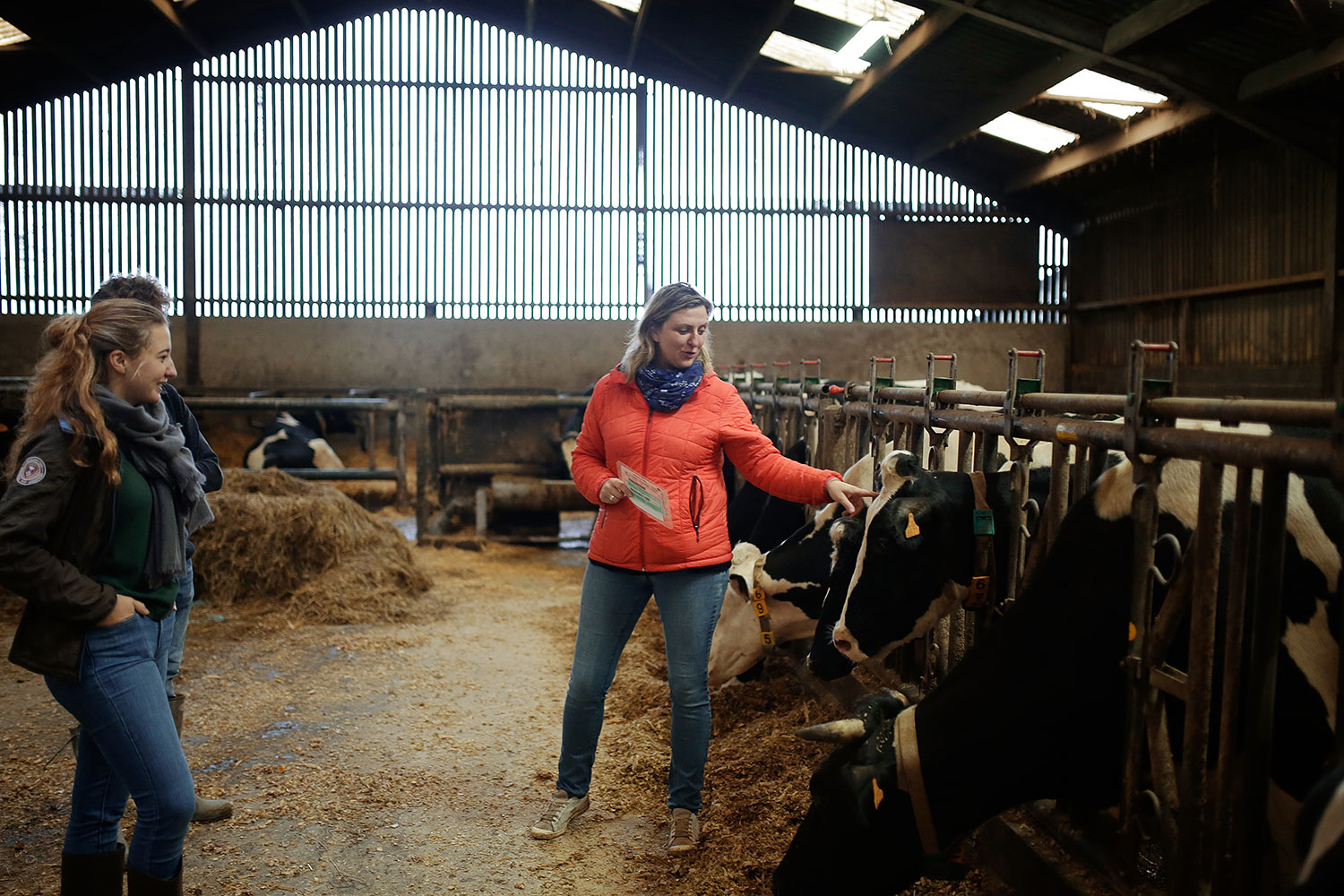
Master of Science and Engineering in Smart and Sustainable Agriculture
JUNIA‘s Master of Science and Engineering in Smart and Sustainable Agriculture focuses on optimizing the process of plant and animal production using best agricultural practices and applying new technologies (Smart farming). With a comprehensive understanding of current issues, our graduates are actors of innovative and sustainable agriculture, prepared to face the ongoing and future challenges in the agricultural sector.
Duration
2 years
Starting Date
September, 1st 2024
Application Deadline
May, 15th 2024
Tuition Fee
€ 9,000/year
Location
Lille, France
Objectives
The fundamental objective of this program is to have a general overview of Smart and Sustainable Agriculture. Courses range from food chain theory and crop management to livestock and plant production. Although this general approach is taught through its technical and scientific aspects, it is also crucial to include economic, sociological and ethical aspects to comprehend the notion of sustainability in agriculture. The Master of Science and Engineering in Smart and Sustainable Agriculture gives students:
- An international view of the issue of agriculture, highlighting certain national and/or regional specificities
- The necessary tools to manage crop and livestock production
- The necessary tools to manage agricultural processes, from ruminant nutrition to distribution channels
- A practical view of site management, thanks to lectures and seminars by experts in the field
- The methods to manage projects within an international context, with a multicultural team
Our Master of Science and Engineering in Smart and Sustainable Agriculture is built on project-based learning, active teaching methods and learning-by-doing. All along the 2 years, the students will benefit from the active learning approach of the programme: field trips, site visits & study tours, group projects supervised by professionals from the industry, practicals in Innovation learning centers, flipped classrooms & serious games.
With our hands-on approach and piecemeal training options, students gain real world experience and the power to decide how to build their own expertise.
Semester-long team projects are an integral part of the curriculum. One day a week is dedicated to group projects in collaboration with a professional expert, partner company, or research institute and supervised by a professor.
Students spend 40% of the program immersed in real professional experience: lectures given by professionals from the sector, site visits, and 2 compulsory internship periods are included in the programme. These internships, carried out either in France or abroad, in a company or a laboratory, expose students to the reality of working in the field and on research and prepare them for entry into the global workforce.
Careers
Our alumni go on to work in diverse fields: Sales, Marketing or Technical positions, Service in agriculture (insurance companies, audits, consulting) as well as in Research and Development in technical and research institutes, Project management at regional or national levels (professional organizations).
With solid technical and managerial skills, JUNIA ISA graduates are prepared for the reality of the professional world even before they get their diploma, which is why 90% of JUNIA ISA alumni are employed within 6 months of graduating.
In addition, every year many of our Environmental Science graduates decide to continue their PhD studies, thanks to the hands-on research experience they gain in our laboratories.
Our more than 26,000 alumni work around the world, for some of the biggest names in environmental management, or join and create their own start-ups, thanks to the entrepreneurship cultivated at JUNIA ISA.
Courses Included
During the first year of the programme, students will deepen their scientific and technical knowledge in sustainable agricultural practices, with classes and projects on Biocontrol and Crop Protection, Animal Welfare, Plant Biotechnologies, Livestock Farming, Climate Change, Plant Breeding and Genetics,
At the end of the first year, students have to carry out a 3-month internship in a company or research laboratory, in France or abroad.
In the second year of the Master, students deepen their knowledge of the technical and sociological aspects of farming, with a specialization in Sustainable Agriculture and Smart Farming, focusing on technology and innovation in all areas of agriculture, notably precision agriculture, sustainable development, and agroecology.
At the end of the second year, students complete their end-of-study internship (6 months) in a company or research laboratory, in France or abroad.
What is the admission process for this program?
- Minimum Bachelor degree in Life Sciences (Agriculture, Food Science, Biology, or related field)
- English B2 level certified by an official test (IELTS, TOEIC, TOEFL IBT or FIRST), except students from countries where English is an official language
- French is NOT required for admission to English-taught programs, but is highly recommended
You must bring your own computer when you arrive at JUNIA as we do not have computers to borrow.


